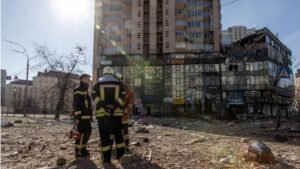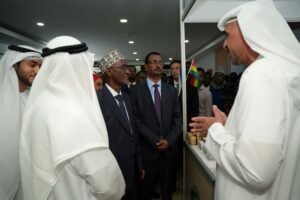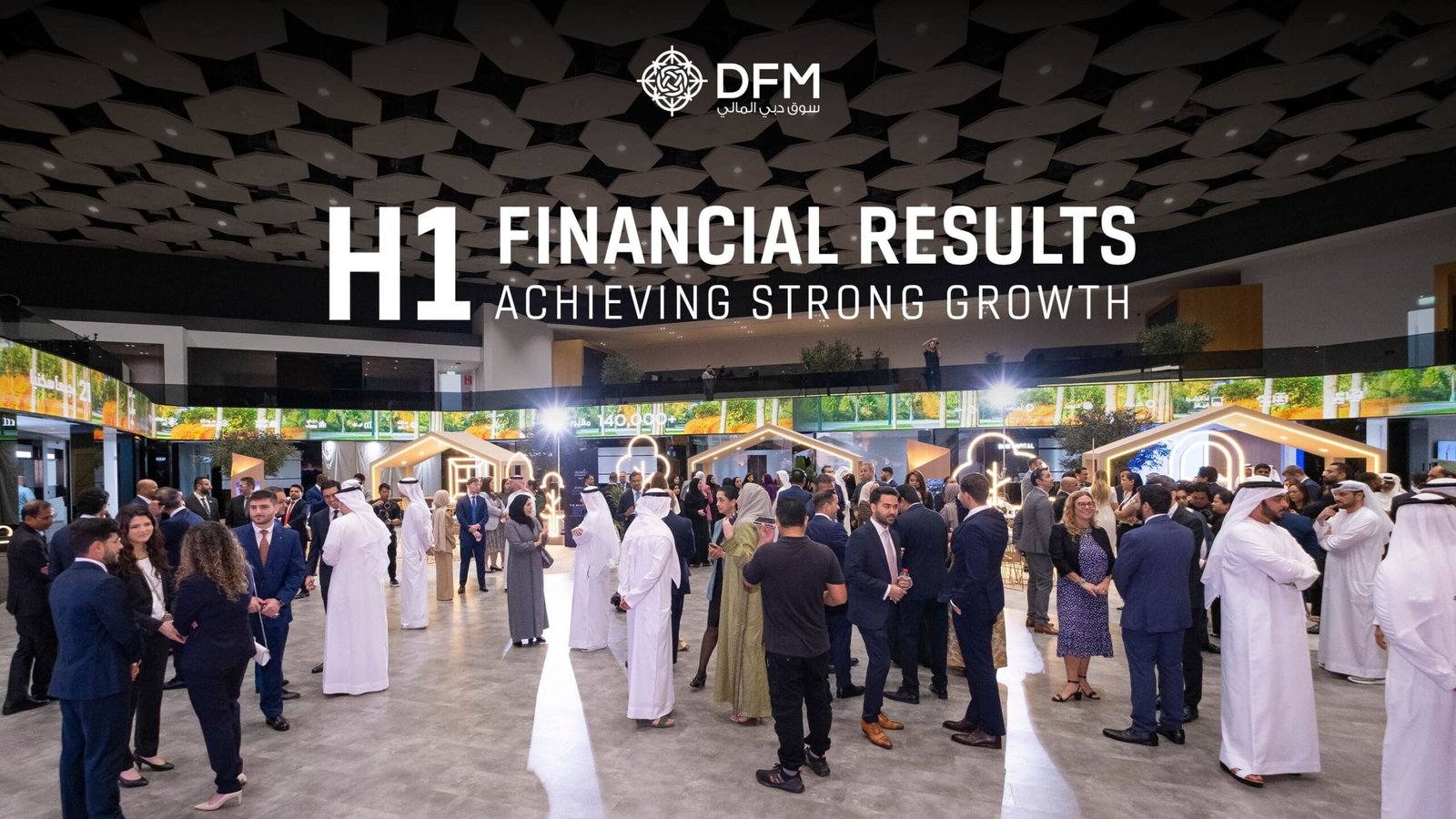+ Summary
– The UAE transitioned from simple handicrafts such as pearl diving and boatbuilding to establishing major industries powered by oil revenues, such as aluminum and refining.
– It expanded into non-oil industries like steel and ceramics, and established industrial cities and free zones. These attracted investments and strengthened its global position.
– The Ministry of Industry and the “300 Billion” strategy were launched to promote advanced industries such as pharmaceuticals, space, and clean energy. They aimed to foster an innovation-driven economy.
This summary was generated by artificial intelligence and reviewed by the Voice Of Emirates’s Editorial Team.
Dubai, United Arab Emirates – The UAE’s experience in the industrial sector represents a unique model in the Arab world. It successfully moved from simple traditional industries to heavy and advanced industries in a relatively short period. This transformation was not a coincidence but the result of a clear strategic vision. It placed industry at the heart of sustainable development as a key driver for economic diversification and reducing dependence on oil.
The Beginnings: Crafts and Traditional Industries
Before the discovery of oil, the UAE’s economy relied on simple activities suited to its desert and maritime environment. Pearl diving and fishing were among the most important sources of income, alongside traditional industries such as wooden dhow building, Al-Sadu weaving, pottery, and burqa making. Although limited in scale, these industries were fundamental in shaping a cohesive economic and social identity. They instilled values of self-reliance and hard manual work.
The Oil Era: The Great Takeoff
With the export of oil from Abu Dhabi in 1962, the UAE entered a new phase of growth. After the union in 1971, oil revenues were directed toward building modern infrastructure, including ports, roads, and airports, as well as establishing major industrial institutions. In 1975, “Dubai Aluminium” was founded, later becoming “Emirates Global Aluminium,” now one of the world’s largest aluminum producers. In 1982, the Ruwais Refinery began operations. It has grown into one of the largest refineries globally — an early sign of channeling oil revenues into sustainable productive projects.
Diversification of Industries and Global Brands
During the 1980s and 1990s, the UAE witnessed significant expansion in non-oil industries. Sectors such as steel, fertilizers, food and beverages, and ceramics flourished. “RAK Ceramics” was established in 1989 and has since become one of the largest global companies in its field, exporting to over 150 countries. Investments in chemicals and petrochemicals also grew. This cemented the UAE’s position as an expanding industrial hub capable of competing regionally and internationally.
Industrial Cities and Free Zones
At the turn of the millennium, the country adopted a policy of creating industrial cities and specialized free zones. These provided an attractive and supportive investment environment. In 2004, “Dubai Industrial City” was launched, now home to hundreds of factories and thousands of jobs. In 2022, the “Khalifa Economic Zones Abu Dhabi (KEZAD)” was established. It is now one of the largest integrated economic zones in the Middle East. Similarly, zones such as RAKEZ in Ras Al Khaimah helped attract global companies. They also provided a platform for small and medium-sized industries, which form the backbone of the modern industrial economy.
The Shift to Advanced Industries
Recognizing the need to move beyond a rentier economy, the UAE established the Ministry of Industry and Advanced Technology in 2020. This was to oversee the development of future industries. In 2021, it launched the “Operation 300 Billion” strategy to increase the industrial sector’s contribution to GDP from AED 133 billion to AED 300 billion by 2031. The plan focuses on strategic areas such as pharmaceuticals, space technology, clean energy, and food security.
The country also launched the “Make it in the Emirates” initiative to encourage investment in industrial sectors and foster partnerships between the public and private sectors. These initiatives reflect the UAE’s commitment to building a knowledge-based economy. They also aim to secure a leading position in modern global industries.
Industry as a Pillar of Sustainable Development
Today, industry in the UAE is no longer just an economic sector. It has become an integral part of the nation’s identity and future ambitions. The country has transformed from an economy dependent on oil and traditional crafts into a global hub for advanced industries. It relies on innovation, scientific research, and modern technology. This transformation reflects the clarity of vision and strong political will to confront future challenges. It aims to solidify the UAE’s position as a leader in comprehensive development.

















